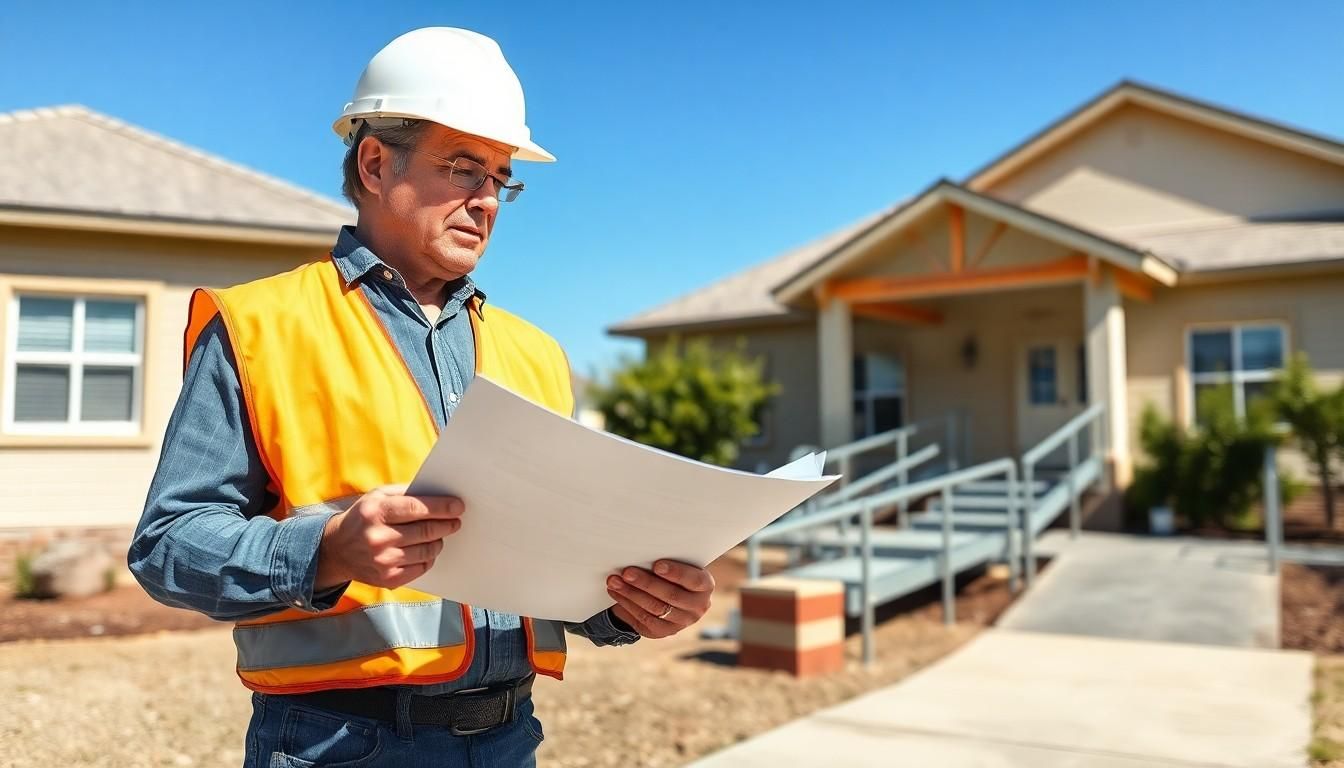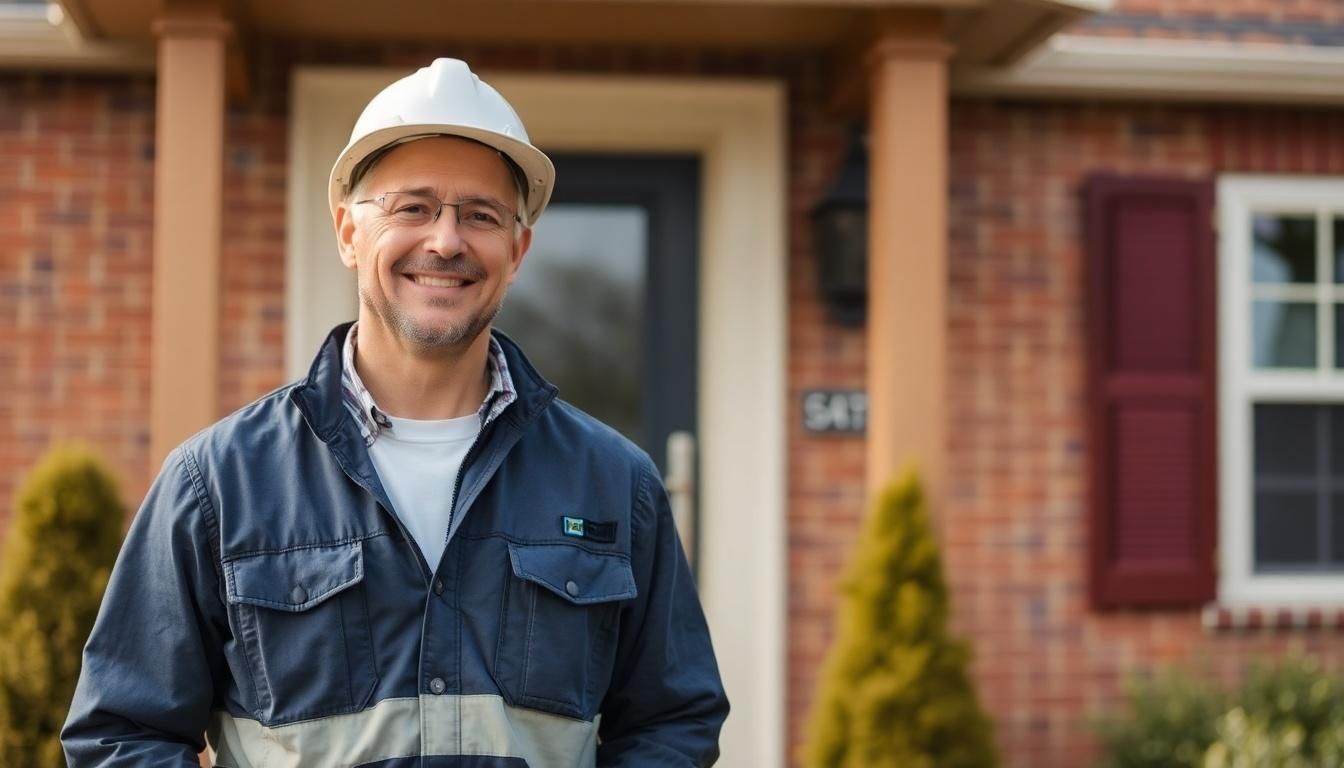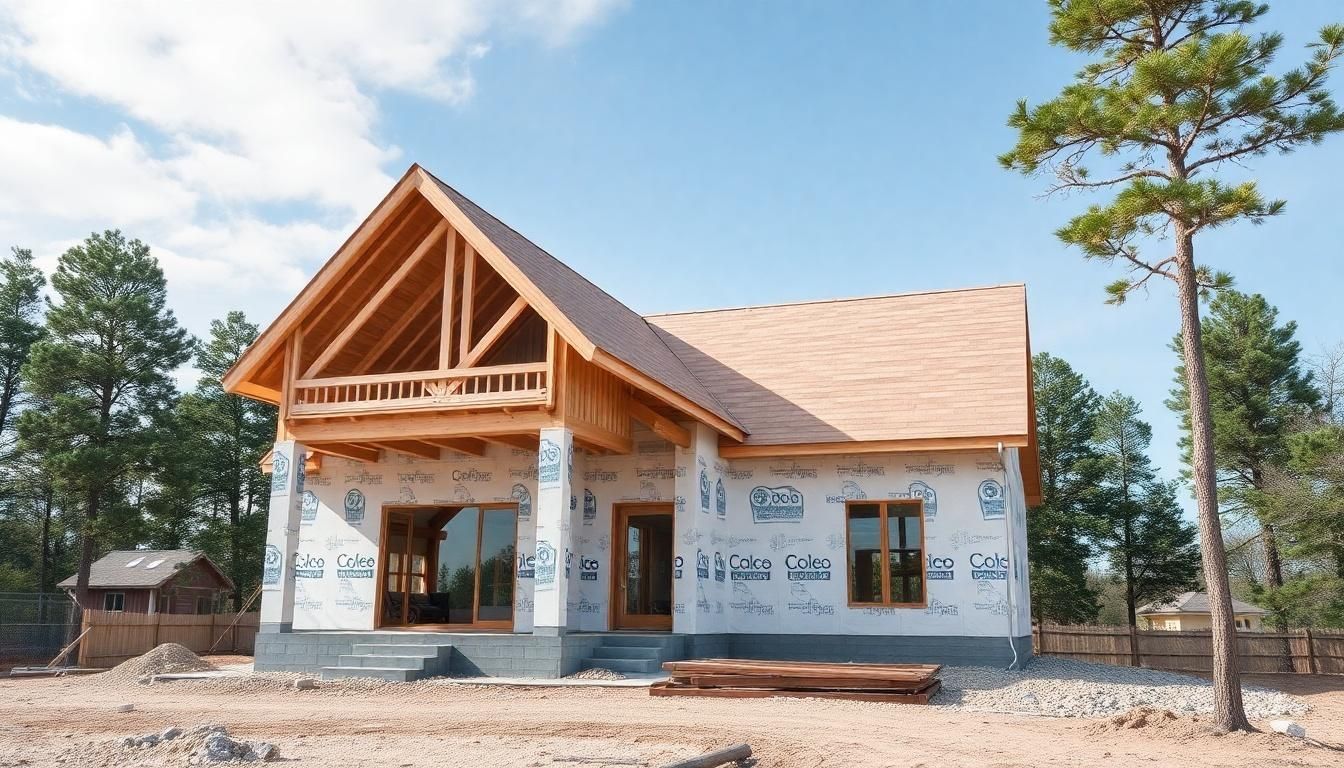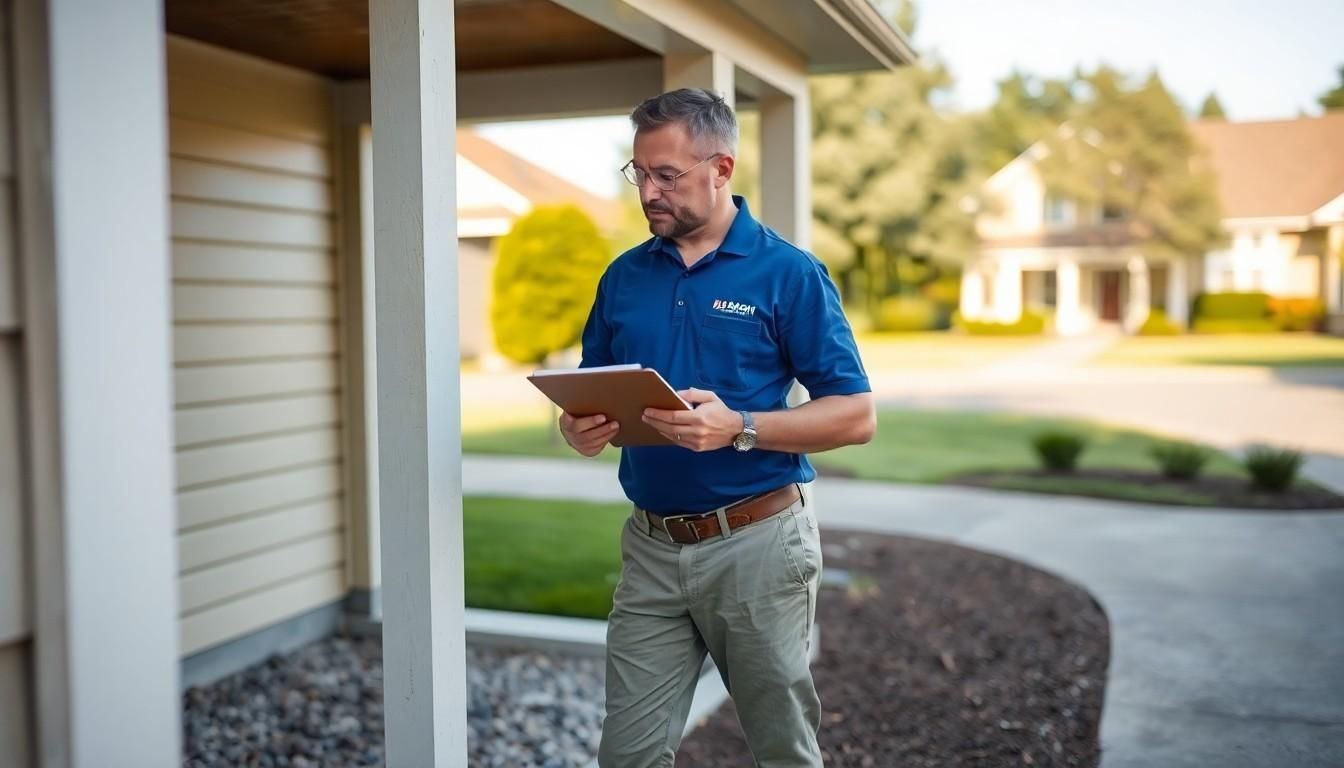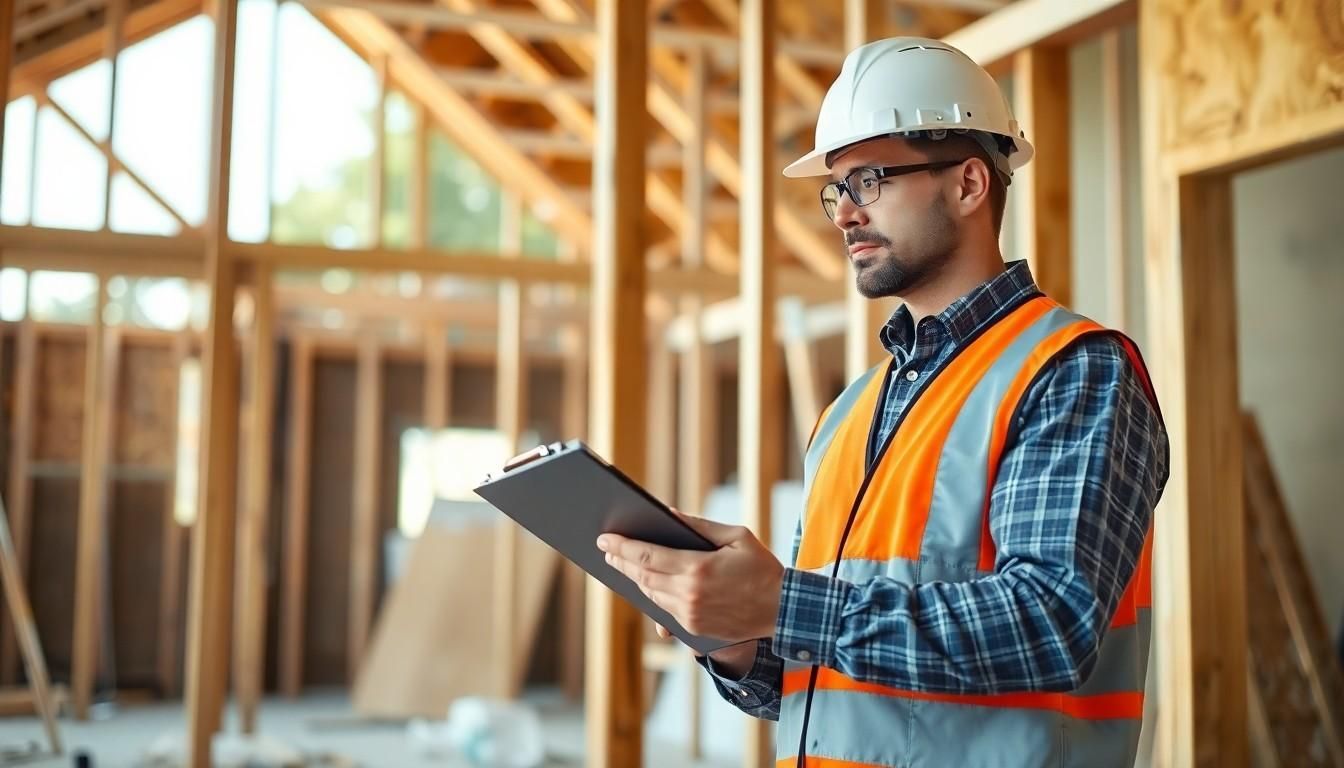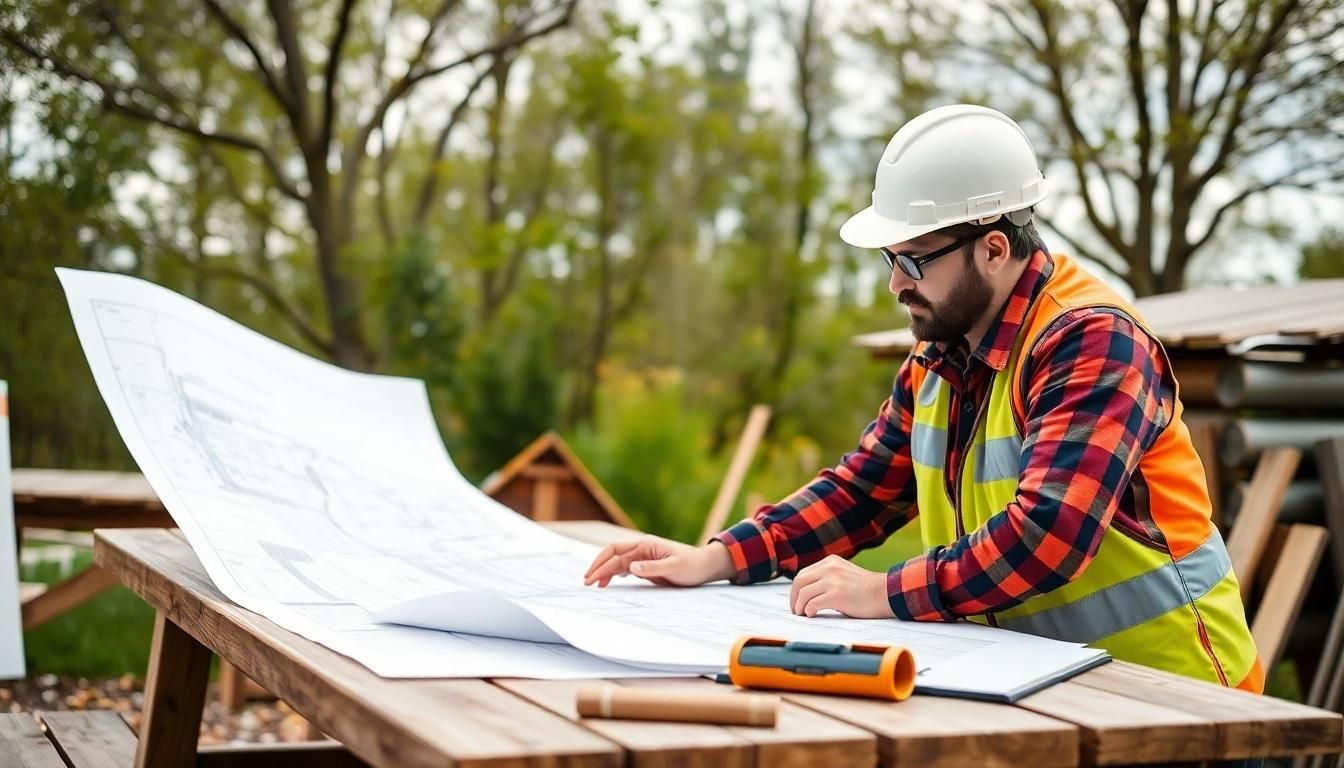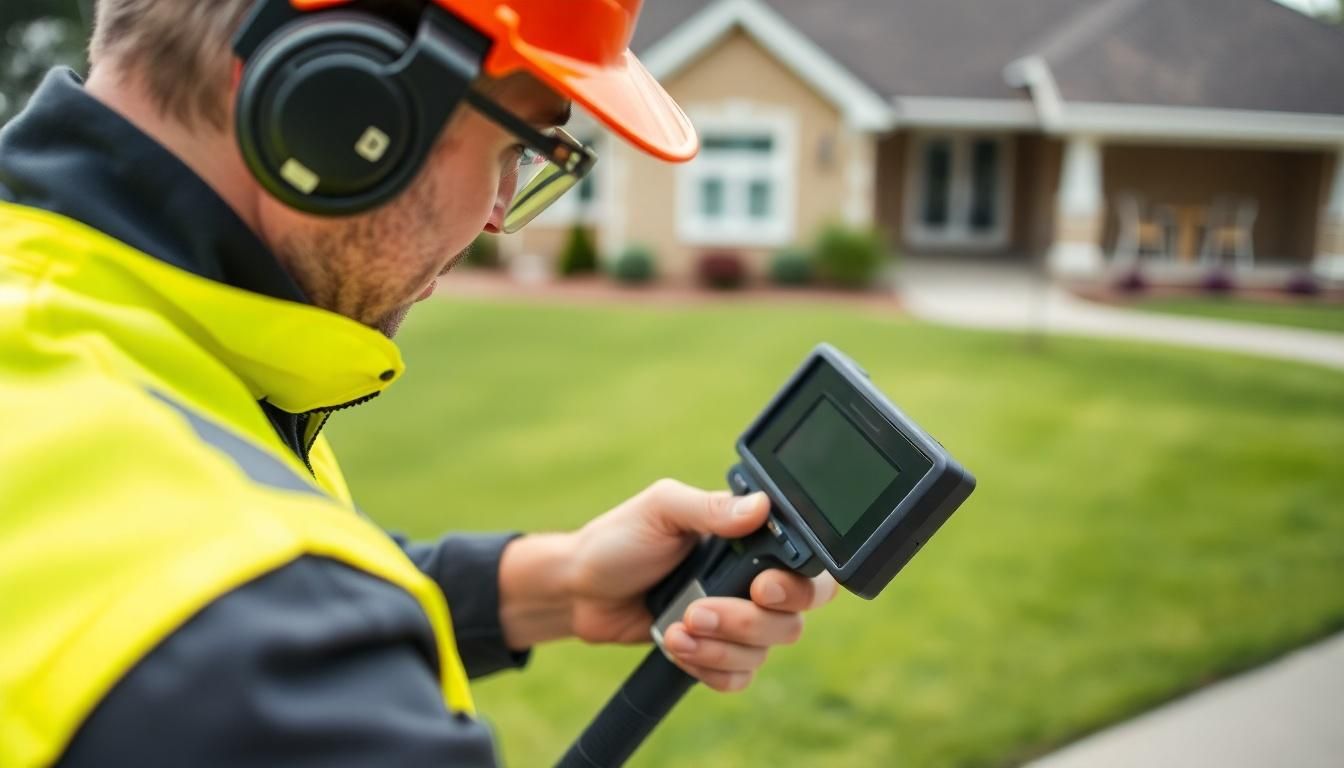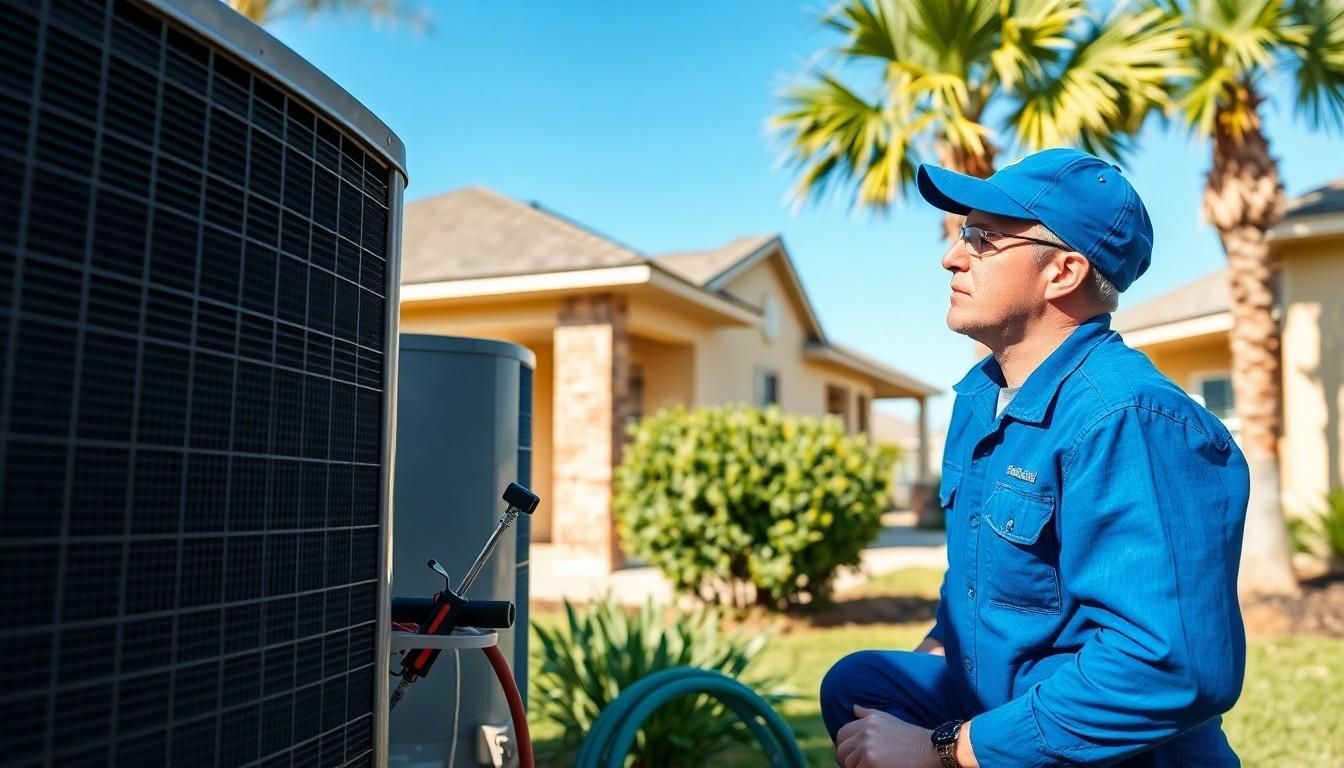Interior Components of a Home Inspection: Key Insights
- Electrical Systems: Inspectors assess wiring, panels, and breakers for safety issues like faulty wiring, outdated panels, and improper grounding.
- Plumbing Systems: Check for leaks, clogs, and fixture operation; common issues include leaky pipes and low water pressure.
- HVAC Systems: Evaluate efficiency, age, and maintenance to prevent costly repairs; typical problems include faulty thermostats.
- Structural Integrity: Inspect walls, ceilings, and floors for cracks and moisture; common defects include water stains and uneven surfaces.
- Safety Compliance: Verify smoke and CO detector functionality and compliance with fire safety standards.
- Moisture Detection: Identify water damage indicators to prevent mold and structural issues.
- Windows/Doors: Assess sealing and alignment for security and energy efficiency.
- Basement/Crawl Spaces: Check for foundation cracks and ventilation issues.
- Lighting Efficiency: Review lighting systems to promote energy-efficient solutions.
Do you know what secrets lie within the walls of your home? During an interior home inspection, inspectors reveal crucial insights that can impact the safety and longevity of your property. From the complex web of electrical systems to the intricate pathways of plumbing and the efficiency of HVAC units, these components are thoroughly examined to protect your investment.
Understanding the key interior elements ensures that your space is not just a house but a sound, functioning home. Explore the vital aspects and common pitfalls in each component to maintain a residence that stands the test of time.
Electrical Systems Evaluation During Home Inspections
During a home inspection, evaluating the electrical systems is key to ensuring the property's safety and functionality. Inspectors thoroughly assess all accessible parts like wiring, panels, and circuit breakers. This helps spot risks that could lead to accidents or wasted energy. By following guidelines, they aim to find defects that might affect the home's structure or be dangerous to those living in it.
- Faulty wiring causing fire risks
- Outdated panels not meeting safety codes
- Overloaded breakers causing tripping
- Improper grounding
- Exposed wires causing shocks
Inspectors use strict safety standards to ensure a full examination. Checklists guide them in checking every component, leaving no stone unturned. The process involves testing for proper grounding, verifying electrical panel capacity, and checking breaker functions. These steps give homeowners vital information about their electrical systems' condition, helping them fix issues before they escalate.
Plumbing Systems Check in Home Inspections
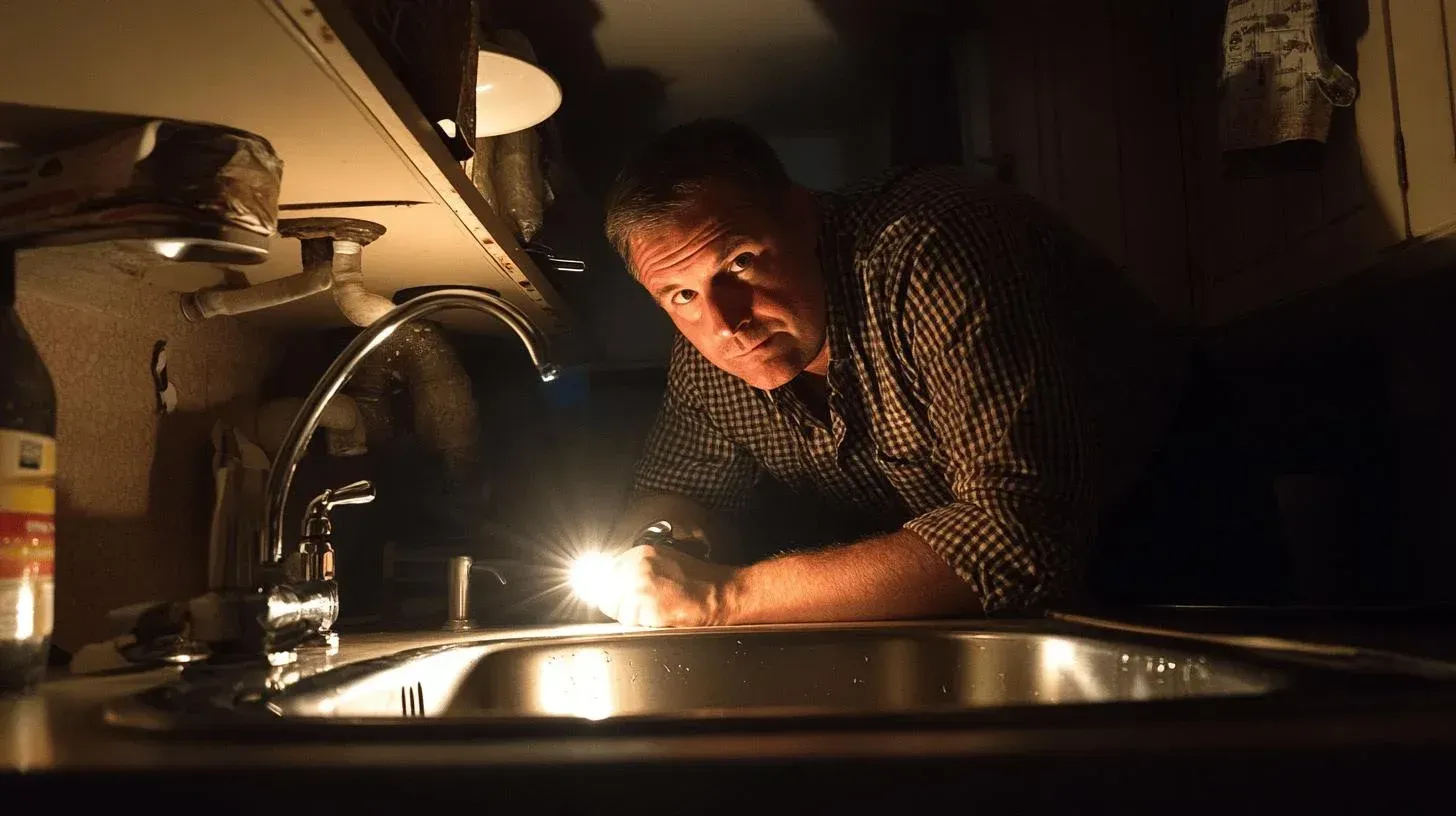
Inspecting plumbing systems is critical for maintaining a home's water supply and drainage integrity. Inspectors closely examine pipes, supply lines, and drains to find leaks, clogs, or corrosion. This detailed check helps prevent water damage and service disruptions, preserving the property's value. Early problem detection allows for immediate repairs, preventing costly future issues.
Fixtures Operation
Checking fixture operations ensures plumbing efficiency. Inspectors test sinks, toilets, and showers, checking water flow, drainage speed, and installation security. They ensure water pressure is adequate and hot/cold supply lines work. This method gives homeowners insights into necessary repairs, maintaining the plumbing system's health.
- Leaky pipes or fixtures
- Low water pressure
- Clogged or slow drains
- Corroded pipes
- Incorrectly installed fixtures
- Faulty water heaters
Detailed plumbing inspections highlight issues affecting comfort and safety. Inspectors' expertise ensures potential problems are reported, aiding homeowners in making informed maintenance decisions.
HVAC Systems Inspection for Home Safety
Inspecting HVAC systems is crucial to home inspection, focusing on safe, efficient heating, ventilation, and air conditioning. Inspectors assess installations, check maintenance records, and ensure systems meet safety standards. This helps prevent costly repairs and ensures comfort and air quality.
Energy efficiency checks are vital for reducing costs and consumption. Inspectors assess system age, SEER rating, and component conditions, like filters, ducts, and thermostats. Finding inefficiencies saves money and reduces the carbon footprint.
Typical HVAC issues include inefficient heating/cooling, faulty thermostats, and worn parts. Clogged filters and leaky ducts decrease efficiency and raise energy use. Early detection ensures prompt repairs and optimal system operation.
Walls, Ceilings, and Floors: Structural Integrity and Defects
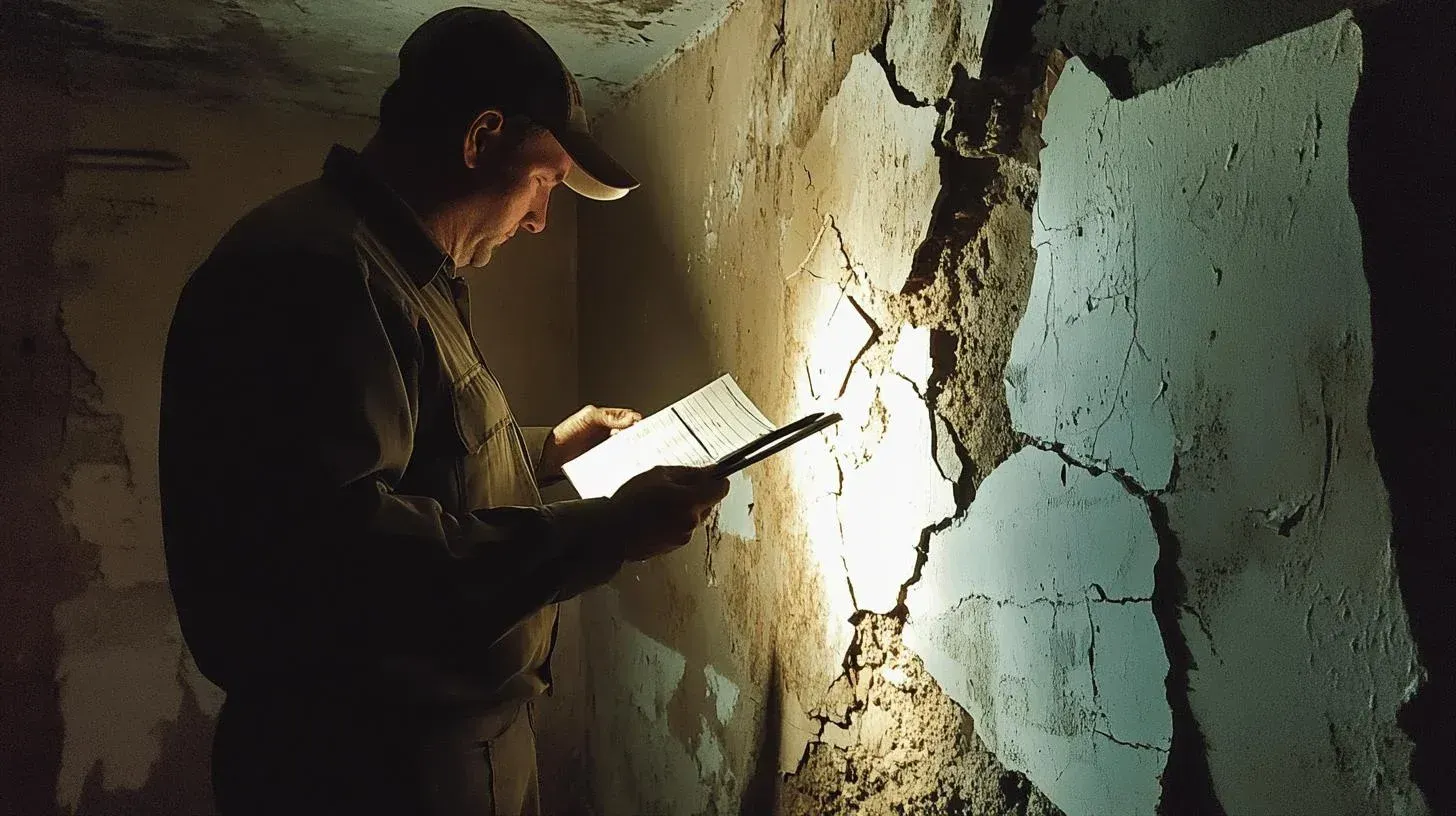
Inspecting the structural integrity of walls, ceilings, and floors is essential. These areas support property safety and stability. Inspectors look for cracks, moisture signs, and uneven surfaces. Early identification allows for repair, preserving structural health and preventing damage like water intrusion or foundation issues.
Common Defects
| Component | Common Defects |
|---|---|
| Walls | Cracks, moisture stains, peeling paint |
| Ceilings | Water stains, sagging, cracks |
| Floors | Uneven surfaces, creaking, water damage |
Inspectors use guidelines for a thorough examination. This systematic approach gives homeowners essential information on possible repairs, safeguarding property value and safety. It highlights current issues and predicts future problems, aiding long-term maintenance planning.
Interior Safety Features and Compliance
Ensuring interior safety features meet regulations is a vital part of home inspections. Inspectors check smoke detectors, carbon monoxide detectors, and fire safety. This helps prevent hazards and maintains property value. Compliance checks help identify safety gaps, allowing proactive issue resolution.
- Smoke detector functionality and placement
- Carbon monoxide detector operation
- Fire extinguisher condition and access
- Fire escape route compliance
Issues like missing or faulty detectors and outdated safety plans can jeopardize safety. Inspectors highlight problems, offering actionable insights for improved safety and compliance.
Moisture and Water Damage Detection
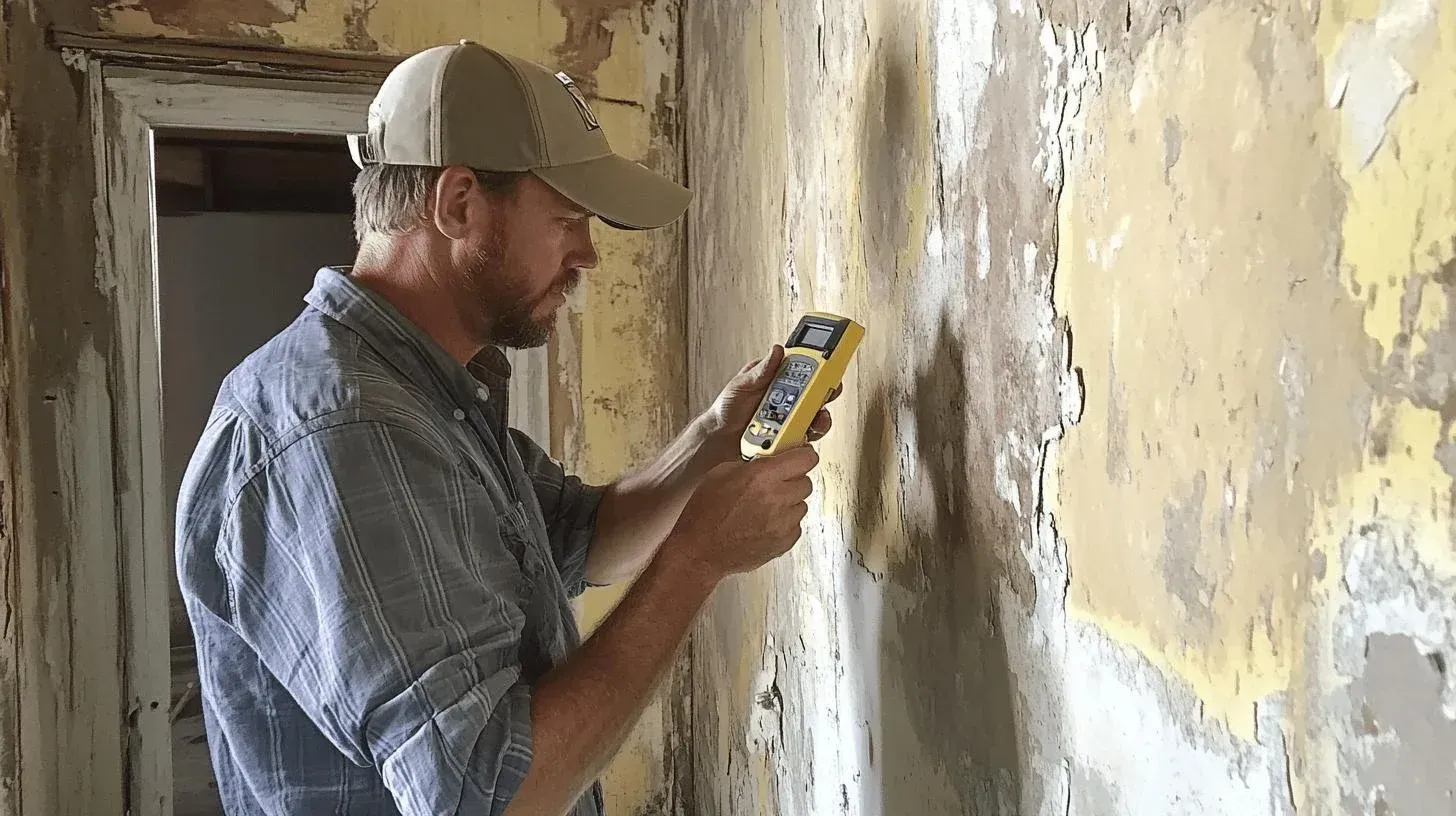
Spotting moisture and water damage prevents structural and health problems like mold. Inspectors closely check moisture-prone areas, such as basements and bathrooms. Early detection allows for quick action, preserving integrity and health.
- Water stains on surfaces
- Musty odors hinting at mold
- Peeling or bubbling paint
- Warped flooring
- Visible mold
Addressing water damage involves immediate and long-term actions. Quick fixes include repairing leaks and improving ventilation. Long-term strategies focus on proper drainage and clear gutters. Prompt action prevents further damage, saving value and health. Inspectors guide homeowners on corrective measures.
Windows and Doors: Functionality and Structural Assessment
Windows and doors are crucial for home security and efficiency. Inspectors ensure they seal well and function smoothly. Issues like misalignment and poor insulation raise energy costs and risk mold. Identifying problems early allows for timely repairs, maintaining value.
Inspectors evaluate alignment, seal condition, and lock function. They review caulking and weather stripping for effective sealing. This detailed assessment helps homeowners improve safety, efficiency, and comfort.
Basement and Crawl Space Inspection Essentials
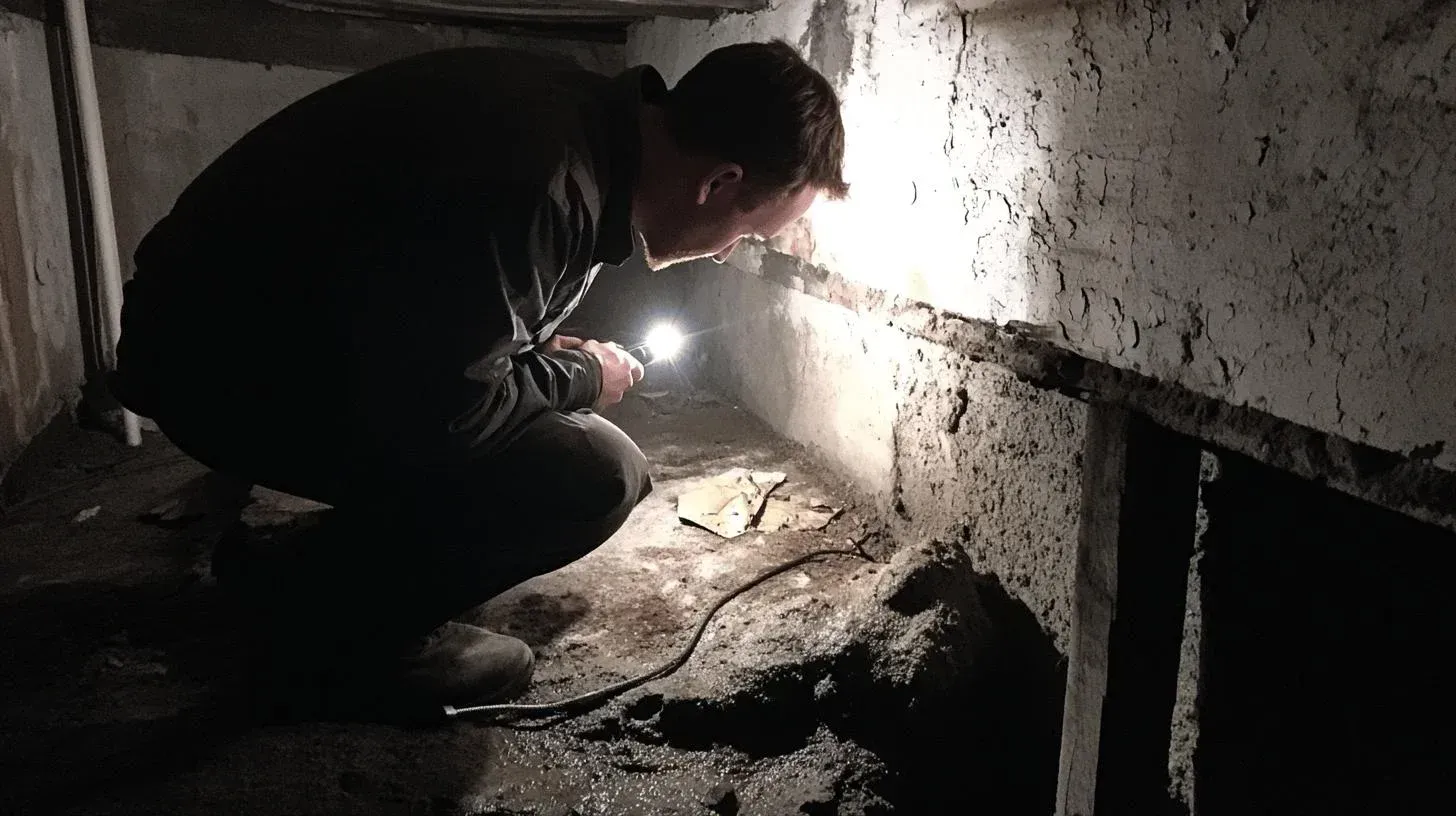
Basements and crawl spaces are foundational to a home. Inspectors check for structural weaknesses like foundation cracks, as well as moisture issues and pest infestations. Detecting problems early ensures timely interventions, preserving safety and value.
Common Issues
| Issue | Solution |
|---|---|
| Foundation Cracks | Seal with epoxy or polyurethane to prevent expansion and water entry. |
| Inadequate Ventilation | Add vents or mechanical systems to improve airflow and reduce moisture |
Foundation cracks can signal deeper issues, while inadequate ventilation fosters mold. Solutions include sealing and enhanced airflow. Homeowners can protect their foundation, prolonging property life and value.
Interior Lighting Efficiency and Impact
Lighting efficiency affects energy costs and home comfort. Inspectors assess lighting systems to ensure optimal illumination with minimal energy use. Inefficient lighting increases bills and decreases comfort.
Inspectors review fixture placement, bulb type, and design effectiveness. Suggestions include using LEDs, optimizing placement, and adding dimmers. These improvements balance efficiency with optimal lighting, promoting a sustainable home.
Final Words
Throughout this comprehensive examination, the importance of evaluating interior components during a home inspection was clear. Inspectors meticulously assess everything from electrical systems to interior safety features, ensuring all aspects are functioning correctly and meeting safety standards.
These evaluations protect against potential hazards and enhance property value through improved safety and efficiency. Ensuring a thorough inspection of all interior components is crucial for maintaining a safe, efficient, and compliant home environment. Engaging with skilled inspectors like the professionals at MyAccurateHomeServices ensures that properties remain safe, efficient, and compliant, adding peace of mind to homeowners and business owners alike.
FAQ
Q: What are the interior components of a home inspection?
A: The interior components of a home inspection typically include the evaluation of electrical systems, plumbing systems, HVAC systems, structural integrity of walls, ceilings, and floors, as well as safety features, moisture detection, and the functionality of windows and doors.
Q: What things commonly fail a home inspection?
A: Common failures in a home inspection include faulty electrical wiring, plumbing leaks, inefficient HVAC systems, structural defects like wall cracks, non-functional safety features, and moisture or mold presence.
Q: What should be included in a home inspection checklist?
A: A home inspection checklist should include assessment of electrical systems, plumbing, HVAC, structural components (walls, ceilings, floors), safety features (smoke detectors), moisture detection, and the condition of windows and doors.
Q: What repairs are mandatory after a home inspection?
A: Mandatory repairs typically include issues related to safety like faulty wiring, severe plumbing issues, structural problems, and non-functional safety equipment. Check local regulations and buyer-seller agreements for specifics.
Q: What five important elements are inspected during a home inspection?
A: Five critical elements inspected include electrical systems, plumbing, HVAC systems, structural conditions, and safety compliance.

